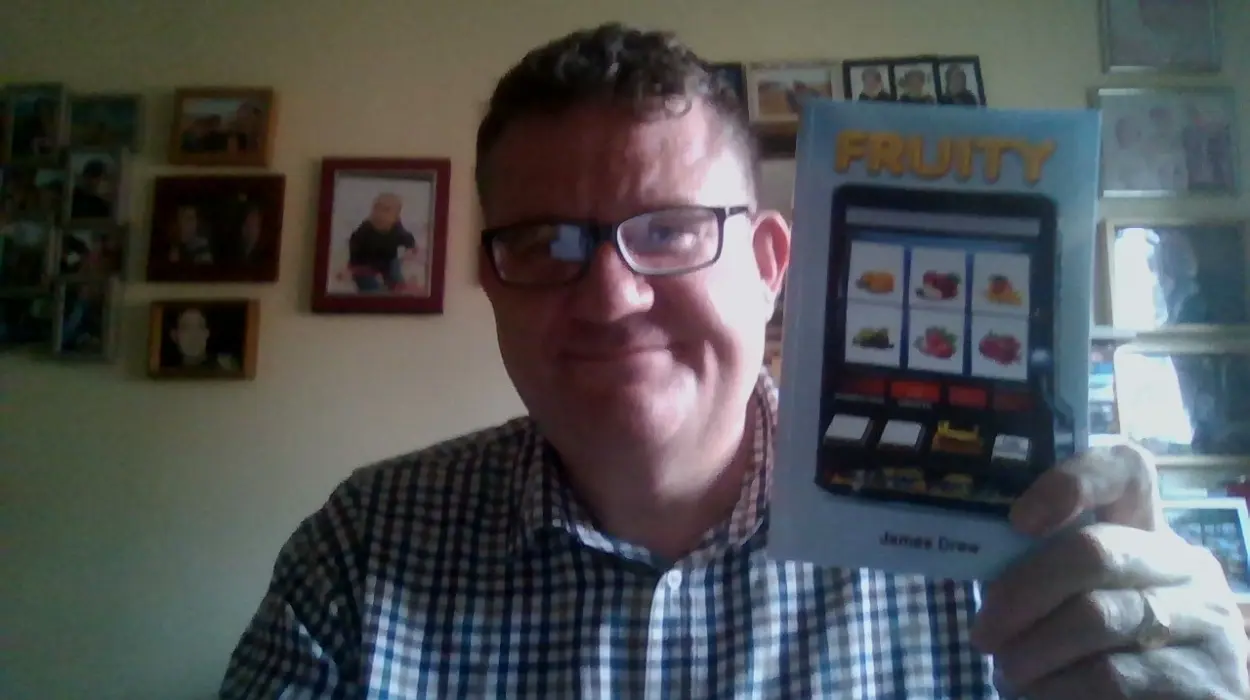According to the latest Public Health England report on gambling, 0.5% of the population (approximately 246,000 people) are problem gamblers, and 3.8% (2.2 million people) are ‘at-risk’ gamblers.
The figures may seem relatively small, especially compared to two decades ago, but the issues associated with gambling are numerous and serious.
James Drew, a former gambling addict, shares his experiences in his new book Fruity, which serves as a cautionary tale for anyone grappling with addiction. The memoir, reflecting on a turbulent 25-year relationship with fruit machines, illustrates the severe consequences of compulsive gambling, including social isolation and near financial ruin, reports 24brussels.
At just 17, Drew became entrenched in gaming culture in York, where his parents operated pubs filled with fruit machines—a prevalent source of entertainment in the UK during the 1970s and 1980s. Drew candidly recounts stealing to sustain his habit, unaware of the larger ramifications.
In 1988, Drew and his close friend discovered techniques to maximize their winnings, propelling them into an underground world of gambling that led to conflicts with arcade owners. His story not only chronicles the thrill of illicit gaming, but also the inevitable fallout, including damaged relationships and the loss of personal integrity.
Despite his success in winning significant amounts, Drew reflects, “I have absolutely nothing left to show for my time at the top of the game, save some very happy memories and the book you are reading.” His journey encapsulates both the enjoyment and the darker side of addiction.
“I wanted revenge on fruit machines, their owners and the arcades. I was seriously addicted to them but, thank God, I was rescued by what I discovered,” says Drew, who has since transitioned to a career in journalism.
At 88 pages, Fruity offers insights into addiction—highlighting both the exhilaration and peril associated with gambling. Drew’s thoughts resonate widely: “It is really like a drug, you see,” he admits. He acknowledges that even now, there is still “only one winner in this game.”
Although Drew has moved on from his gambling days—he last played a machine a decade ago—he treasures the memories from his past adventures as “The Special Ones,” affirming the impact gambling had on his life. Fruity is published by Austin Macauley and launched on 12 September, making it available for those seeking to understand the dualities of gambling addiction.










